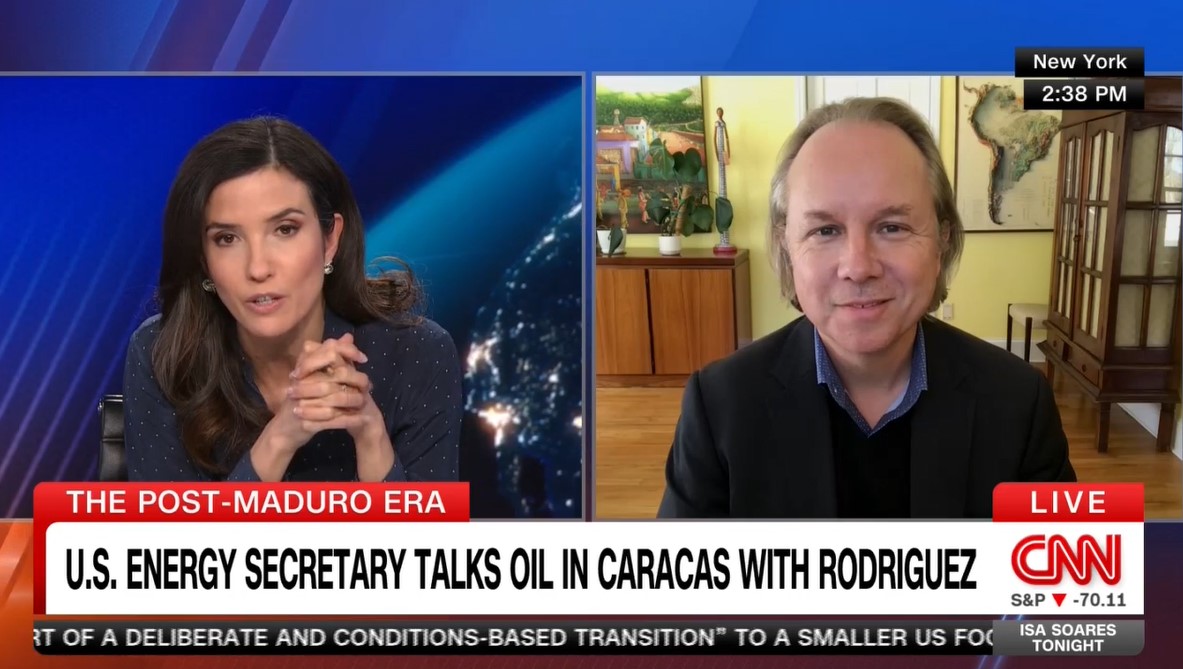Remarks: Amb. Eduardo Medina-Mora at AS/COA's Public Luncheon in Charlotte
Remarks: Amb. Eduardo Medina-Mora at AS/COA's Public Luncheon in Charlotte
Read Amb. Eduardo Medina-Mora's remarks at the AS/COA event on immigrants' impact on the economy and housing.
Public Luncheon: Immigrants' Impact on the Economy
and Housing in Charlotte and Nationwide
Amb. Eduardo Medina-Mora, Mexican Ambassador to the U.S.
Location: Charlotte, North Carolina
May 30, 2013
Ladies and gentlemen, dear friends,
It is with great pleasure that I address this audience in Charlotte, North Carolina. I am grateful to AS/COA for organizing this and many other events, in the context of such a fascinating time for our nations’ shared future.
As I was getting to know this State, I was surprised by how many of your main industrial sectors are shared with Mexico. Aerospace, Automotive, Biotechnology, Sustainable Energy, and Software are all sectors that Mexico is competitive in, and to a degree we are competitive because we have formed an alliance with you.
The North America Free Trade Agreement is turning 20 this year, and we have seen our economies expand and grow, we have seen them overcome difficult moments and we have also seen them thrive when the conditions have been adequate.
You might not have this in mind, but our bilateral trade is worth 1 million dollars a minute. According to the White House, each $1 billion in new exports supports more than 6,000 jobs. This suggests the growth in exports from the U.S. to Mexico created over 107,000 new American jobs in 2012.
And there are goods that go back and forth from one country to the other, before they are exported. The fact that 37 percent of the value of Mexican manufacturing exports is from the U.S. is a good token of the degree to which this is a reality.
Ladies and Gentlemen, I am not only throwing numbers at you. I want to illustrate how integrated we are. We are now realizing how successful we have become at trading and joint production.
The recent visit of President Obama to Mexico will that allowed for a review of our bilateral agenda. The vision we have is that our relationship as economic partners is ready to go to the next level. For that reason, we have created a High Level Economic Dialogue, a mechanism that will have a very ambitious agenda: competitiveness, creativity, economic growth, productivity and a shared leadership in global issues. And because we realize that there is a need to pair industry needs with university programs, we have created the Bilateral Forum on Education, Innovation, and Research between our two nations, with the purpose of facilitating that conversation and to putting forth proposals for specific actions.
So, you will ask yourselves, what kind of a partner is Mexico, for the U.S.? Let me briefly describe what a tremendous transformation Mexico is going through. In the first few months of President Peña Nieto’s Administration, the main political parties signed a historic, wide-ranging and forward-looking political agreement called “Pact for Mexico.” Due to this pact, Congress passed three major structural reforms on labor, education, antitrust, and telecommunications. Two other reforms are on their way, one targeted to the financial sector and another one, still in the process of drafting, related to energy.
And Mexico is also taking care of its people. We have become a predominately middle-class country. The Brookings Institution has highlighted that 60 percent of Mexico’s population is middle class, and by 2030, 86.5 percent of all Mexicans will have a middle class status. A couple of examples suffice: there has been a tripling, since 1980, in the number of Mexican students that receive higher education, and housing credit has increased more than twentyfold since the early 1970’s.
All of these factors, that have taken place on our side of the border, reduce the immigration pressures of the past. As you probably know, academics and non-partisan think tanks now estimate that net migration between Mexico and the US is close to zero, for the first time in decades. A recent Gallup survey shows that only 11 percent of Mexicans say they would leave Mexico if given the opportunity -- a decline of about half from the 21 percent that said so in 2007. As a reference, 11 percent of Americans also told Gallup they would consider moving to another country.
With our goods the border and our people interacting increasingly, we need to rethink many aspects of how we do things. From logistics at the border to the way in which we establish rules of origin in multilateral treaties, our list of common interests is long.
Ladies and gentlemen, Mexicans in the United States have always made great contributions to the economy and social fabric of the communities they live in. The work ethic they display is broadly recognized by the private sector and civil society. Many are entrepreneurs, and even during challenging economic times they have continued to create jobs in the US.
This evening, after having lunch with you I will visit a local company, a few miles from here. It is a family-owned flower company, founded 41 years ago. This company employs 170 Mexicans, but it also employs Americans, Bulgarians, Vietnamese, Dutch, and Latinos. All the employees work legally in the U.S. and are a part of this company’s success.
This type of multicultural environment is increasingly frequent. Worldwide, companies are selecting countries to invest in different areas of their businesses and people are able and willing to travel to make the best of the opportunities they can find.
Friends, we need to understand the extent to which mobility contributes to economic growth and how much of our past and future success we owe to our geographic and social proximity. Let that be the basis of our shared agendas and we will continue to tell the success story of North America.
Thank you.








